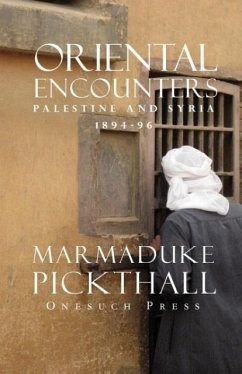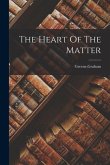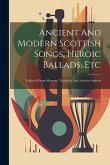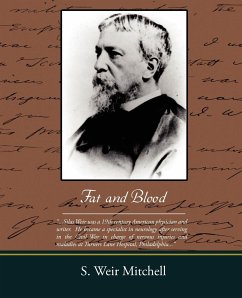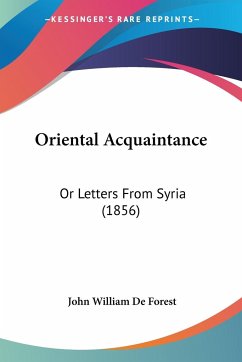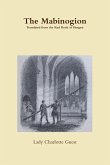In 1896 Marmaduke Pickthall arrived in Palestine and spent the next couple of years in native dress wandering the hinterlands. English expatriates were alarmed the young man had gone native, but Marmaduke was having the time of his life.He said "'When I read The Arabian Nights I see the daily life of Damascus, Jerusalem, Aleppo, Cairo, and the other cities as I found it in the early nineties of last century. What struck me, even in its decay and poverty, was the joyousness of that life compared with anything that I had seen in Europe. The people seemed quite independent of our cares of life, our anxious clutching after wealth, our fear of death.' In Oriental Encounters he records his meetings with a passing parade of chiefs, bandits and madmen engaged in the joyousness of life.
Bitte wählen Sie Ihr Anliegen aus.
Rechnungen
Retourenschein anfordern
Bestellstatus
Storno

